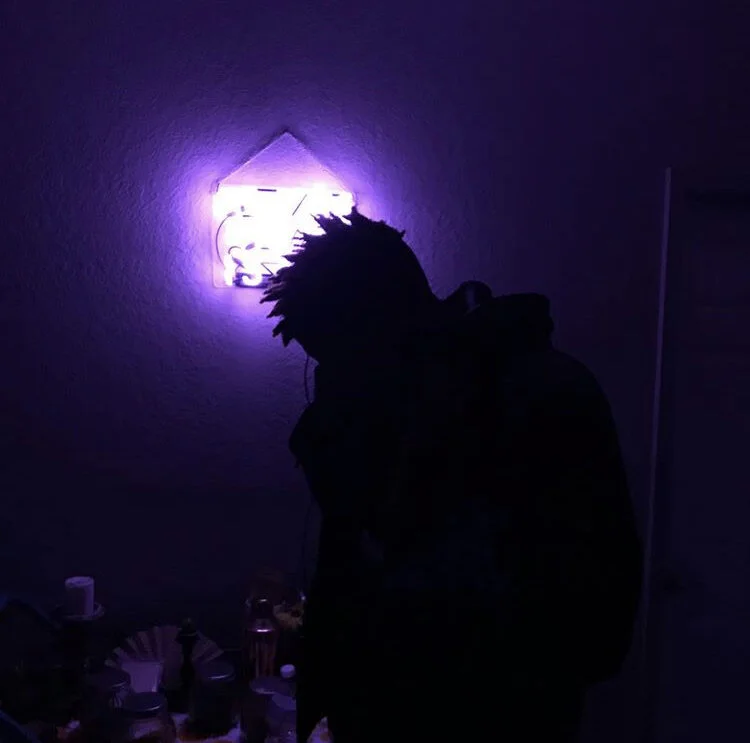Way Back: Like Water For Chocolate (2000)
“Bruise rap I deliver for the hungry and underprivileged
Something different from these hollering and grunting niggas”
- Common on “Dooinit”
Common released Like Water For Chocolate on March 28, 2000 on MCA Records. While it was his fourth studio album, it would be the first one released through a major label. Finally, he’d begin to get some of the marketing and exposure that his talent deserved. Stylistically, it would be a departure from his second and third efforts, where No ID produced most of the tracks.
At the start of the millenium, Common managed to do what was becoming very rare. He received both critical and commercial acclaim. He made people think while their heads nodded. They could dance and sing along to lyrics they wouldn’t be ashamed of later. During a recent interview with PopKillerTV, Common spoke on the unique influences that make this album one of his favorites.
The album is credited for being the start of the Soulquarians, the collective that helped to temporarily bring neo-soul to music’s forefront. Here, you’ll find collaborations with Mos Def, D’Angelo, Questlove, Bilal, and J Dilla from a time when they were all working on projects at Electric Lady Studios in New York. These collabs would occur with more regularity going forward, but the foundation was built here as all these artists worked to find their niche early in their careers. Common would speak to Dilla’s impact on his career in later projects and his book. It’s clear on this project as Dilla produced most of the album’s songs.
“The Questions” featured a still fresh Yasiin Bey back when he still went by Mos Def. They split three verses of questions long before 50 Cent or Jadakiss crafted hit singles around the idea. They mostly probed society and the black community on their some of their self-imposed BS
Why you got to act like a nigga, all the time?
Is a nigga your complexion? Is it all in your mind?
AND
How you got high expectations but got low patience?
How come this joint named the questions is so John blazin?
Rapping over a DJ Premier beat was something of a christening for elite MC’s in the golden era, and Common got his chance on “The 6th Sense”. The second verse may be one of his best ever, as he speaks to the importance of his music. He expresses how he wants his words to do more than earn him a big check.
If revolution had a movie I'd be theme music
My music, you either fight, fuck, or dream to it
My life is one big rhyme, I try to scheme through it
Through my shell, never knew what the divine would bring to it
I'd be lying if I said I didn't want millions
More than money saved, I wanna save children
Dealing with alcoholism and afrocentricity
A complex man drawn off of simplicity
This industry will make you lose intensity
DJ Premier does a masterful job of combining both a Mobb Deep and Gil Scott Heron sample on this track. The samples take turns reminding that his brand of rap is “something you feel” and that “the revolution will not be televised”.
In a rare occurence, J Dilla sings on “Nag Champa”, one of the smoother tracks on the project. Thelonious was a shared track with a young Slum Village and can also be found on their ___ album. Common shares verses with T3, Baatin, and Dilla.
It’s not uncommon now for Common to be viewed as something of a ladies’ man. In fact, his current shows include him bringing women from the crowd and serenading them on stage via freestyle. On “The Light” he first began to explore that persona as an extension of his conscious content.
Written for Erykah Badu, the song was his first hit, netting him a grammy nomination for Best Rap Performance. He won a lot of fans by demeaning the word “bitch” in reference to women and smooth lines like:
Few understand the union of woman and man
And sex and a tingle is where they assume that it land
But that's fly by night, for you in the sky I write
For in these cold Chi night's moon, you my light
If Heaven had a height, you would be that tall
Ghetto to coffee shop, through you I see that all
Thematically, this is what growth looks like for an MC. Com’ broached an array of topics, and never leaned on tired rap tropes to get his point across. He explores parenthood, love, community, faith, while paying homage to black figures of the past and mixing in battle rap tradition where necessary. He never once portrays himself to be perfect, but he reminds us that he’s constantly working on himself so he can give more to the culture. That’s a message we all need to hear once in a while.






